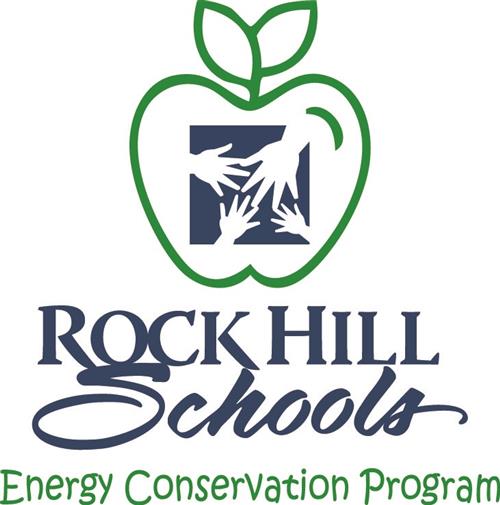Select a School...
Select a School
- Cherry Park Elementary
- Central Child Development Center
- Ebenezer Avenue Elementary School
- Ebinport Elementary School
- Independence Elementary School
- India Hook Elementary School
- Lesslie Elementary School
- Mount Gallant Elementary School
- Mount Holly Elementary School
- Northside Elementary School of the Arts
- Oakdale Elementary School
- Old Pointe Elementary School
- Richmond Drive Elementary School
- Sunset Park CAS
- York Road Elementary School
- Castle Heights Middle School
- Dutchman Creek Middle School
- Rawlinson Road Middle School
- Saluda Trail Middle School
- Sullivan Middle School
- Applied Technology Center
- Alternative Programs
- Northwestern High School
- Rock Hill High School
- South Pointe High School
- Adult Education
- Virtual Academy
- RHS Enrollment & Verification
- Program Options



